Anyone who cares about the theatre should rush to see Kendall Feaver’s Wherever She Wanders which Griffin Theatre Company is doing until 10 December. Looking at her work and talking to her when she was adapting Miles Franklin’s My Brilliant Career for that marvellous actress Nikki Shiels was a huge eye-opener because Kendall Feaver,who has been commissioned by top London theatre companies to write plays for them, is alive to every flicker of contemporary life and its political refraction while having an essentially dialectical (which is to say dramatic) sensibility so that she is intensely attentive to voices and points of view she does not share, or not wholly.
She seems to be the kind of playwright the zeitgeist has cast up in the face of craziness and distraction on every side. And Wherever She Wanders could scarcely be more intimate with the spirit of the times because it is some variety of #MeToo play. A group of all too familiar young jocks apparently agree that a particular girl should be left alone because she is the allocated catch or prey of one of their company. Then, drunkenly – beside himself, whatever that means – he rapes her. She tells a girlfriend but doesn’t want the matter reported but her girlfriend tells the woman who runs the college. It goes further up the line and with the massive choric clamour of social media everything is amplified.
One of Kendall Feaver’s most striking qualities as a dramatist is that she listens to people and she’s intent on understanding the emotion behind the contending rhetorics. At a time when the very algorithms that govern the informational aspects of our lives are self-perpetuating this is like light in an endless tunnel. The voices, for instance, of different generations of feminism are radically different and it’s fascinating to have a young playwright – who became stuck in Australia last year because of the pandemic – listening to the voices, letting them clash and clamour, but with an ear for their defining sensitivities.
Wherever She Wanders is a play people who reel from the #MeToo excesses, as well as those who man the barricades, should see. There seems to be some chance it might leave all of us more thoughtful.
Is that true of Harry Potter? Well, at one level J.K. Rowling – forever being attacked, poor woman, by a trans movement she’s not unsympathetic to, just wary of – is responsible for the millennials of the day having the experience of reading for pleasure without which civilisation topples. When Clive James finally caught up with Harry Potter – perhaps it was on a plane – he sighed with relief that the vision was so benign, that it was not wedded to fascism or some other totalitarian monstrosity.
It’s good to hear Harry Potter and the Cursed Child is opening again in Melbourne but a little sad to hear that Jack Thorne and co. have reduced it to three and a half hours which better fits the exigencies and economies of a post-Covid world. When the show opened nearly three years ago early in 2019 there was something so sensational and satisfying about the way it ran from the early afternoon into the night.
Perhaps the seats were in the very front row of Melbourne’s Princess Theatre (the one with the ghost called Federici) and the show brought delight to the veteran Rowling reader with me. It was also one of the last great meetings of the theatre clans. Magda Szubanski, there with young rels, was talking about reading George Eliot’s Middlemarch, Christie Whelan-Browne was exhibiting that delicious indifference to her own beauty and Fred Schepisi, the man who brought Patrick White’s The Eye of the Storm to the screen decades after he made The Devil’s Playground – and went on to such Hollywood ventures as Six Degrees of Separation and The Russia House, the le Carré with Sean Connery – was there with his wife Mary, the artist, wearing that signature hat of his. There must have been another year or so of openings but none stay in the mind like the immense Harry Potter opening which was the work of one of the finest publicists the world has known, Peter Bridges. He had us ferried during the intervals in buses to the Exhibition Building – that late Victorian monument to Marvellous Melbourne – where we were encouraged to hit the champagne and the sushi, the duck and the dumplings. Peter Bridges was one of the classiest acts you could encounter in an uneven field. He retired with the Harry Potter opening and it was a hell of a swansong.
And the show itself stays in the mind for the consistency of its magic tricks, its continuous flow of what you might as well call enchantment. It was certainly high level entertainment. People who have been hankering to see Harry Potter and the Cursed Child through the nearly two year prison house of denying us live entertainment should be encouraged to see the long version while they still can. It costs a fortune but the epical length and the hole in the pocket testify to a moment when we took all sorts of tosh and treasure for granted.
Meanwhile we jackals of the press hang out for Moulin Rouge or Frozen. Umberto Eco had a point when he said to understand an age it’s not the high art but the popular culture you must look to. The deep truth of art is in Proust or Joyce’s Ulysses but think of how the world was conquered by Agatha Christie. And J.K. with her wizarding boarding school is up there with her.
Eco himself had his own moment in the sun. All his books are like highbrow parodies of those conspiracy books about Masons and Martians but The Name of the Rose is a masterpiece and it’s also one of the greatest detective stories ever written. Even if Ian Richardson would have made a better screen William of Baskerville than Sean Connery.
This is not to deny that The Name of the Rose is also influenced by Thomas Mann’s The Magic Mountain and that it makes sly use of Borges. But it’s also a book a large readership will find hard to put down.
Got something to add? Join the discussion and comment below.
Get 10 issues for just $10
Subscribe to The Spectator Australia today for the next 10 magazine issues, plus full online access, for just $10.
You might disagree with half of it, but you’ll enjoy reading all of it. Try your first month for free, then just $2 a week for the remainder of your first year.

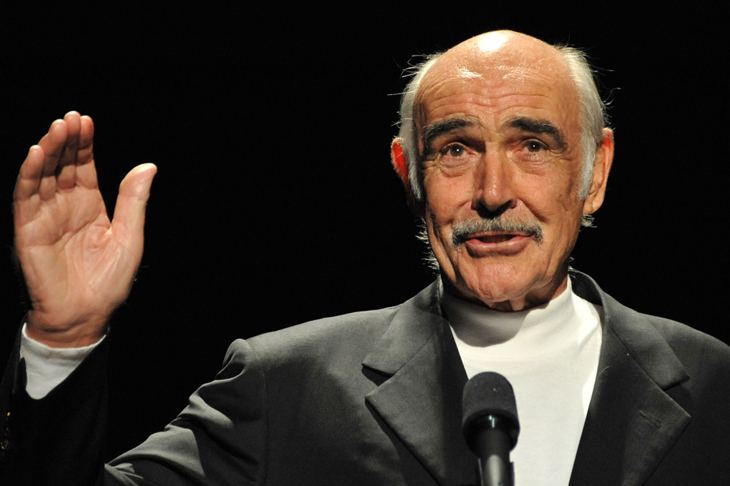
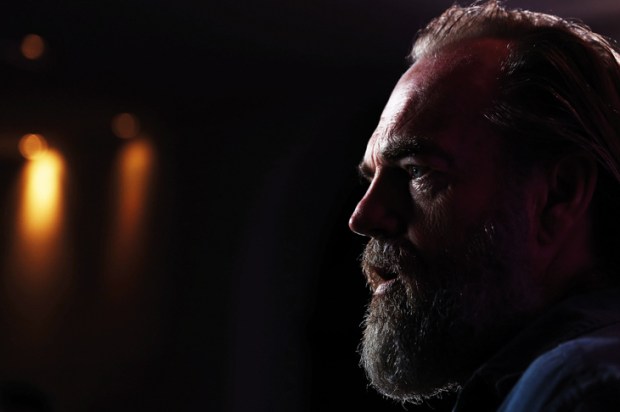
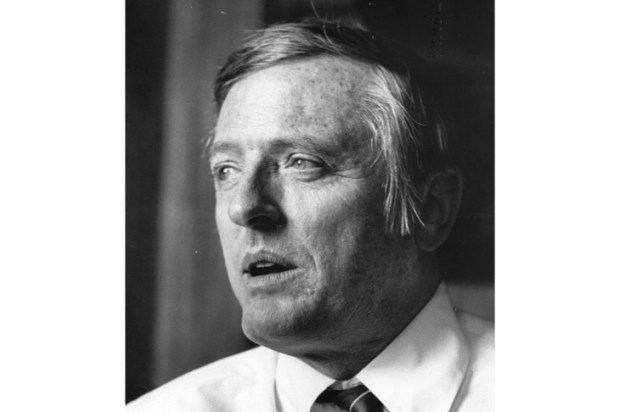
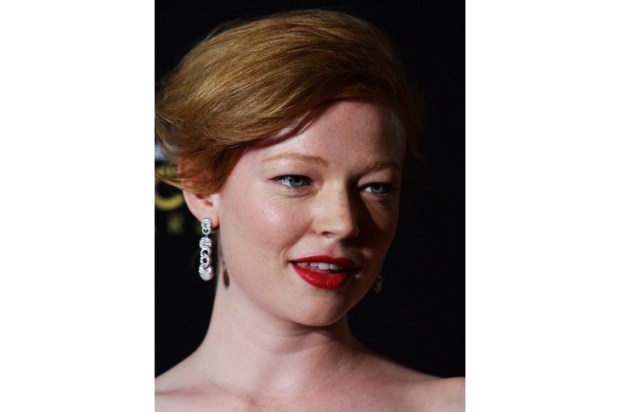
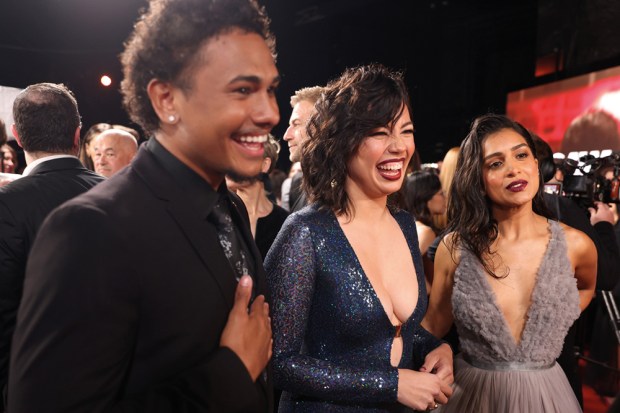
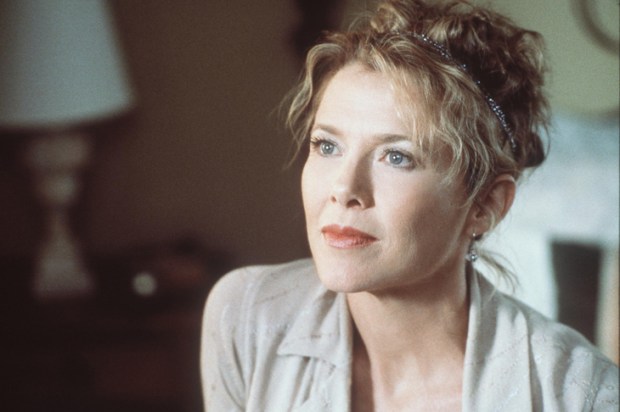
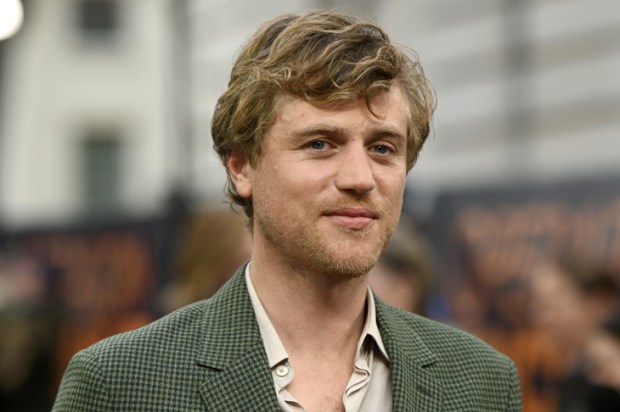






Comments
Don't miss out
Join the conversation with other Spectator Australia readers. Subscribe to leave a comment.
SUBSCRIBEAlready a subscriber? Log in